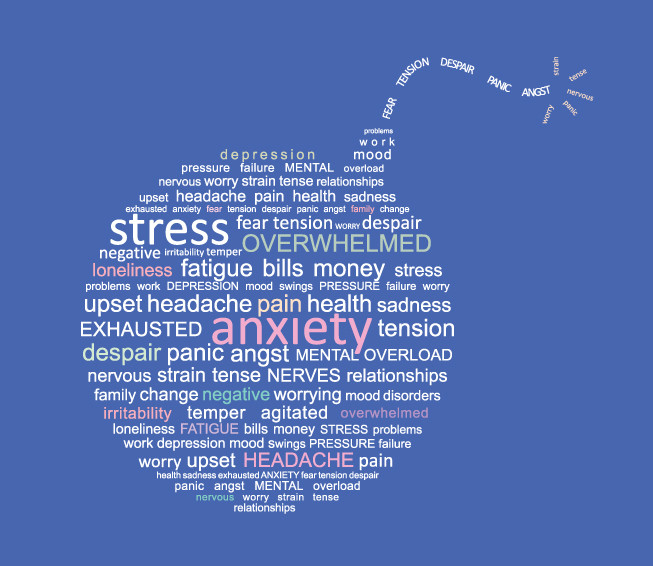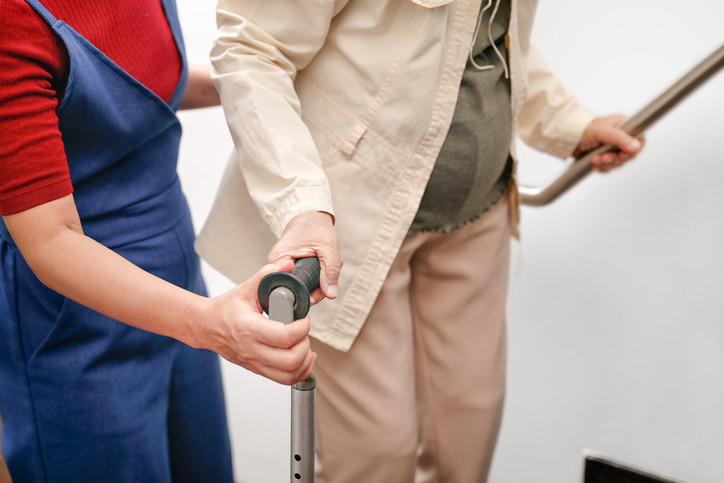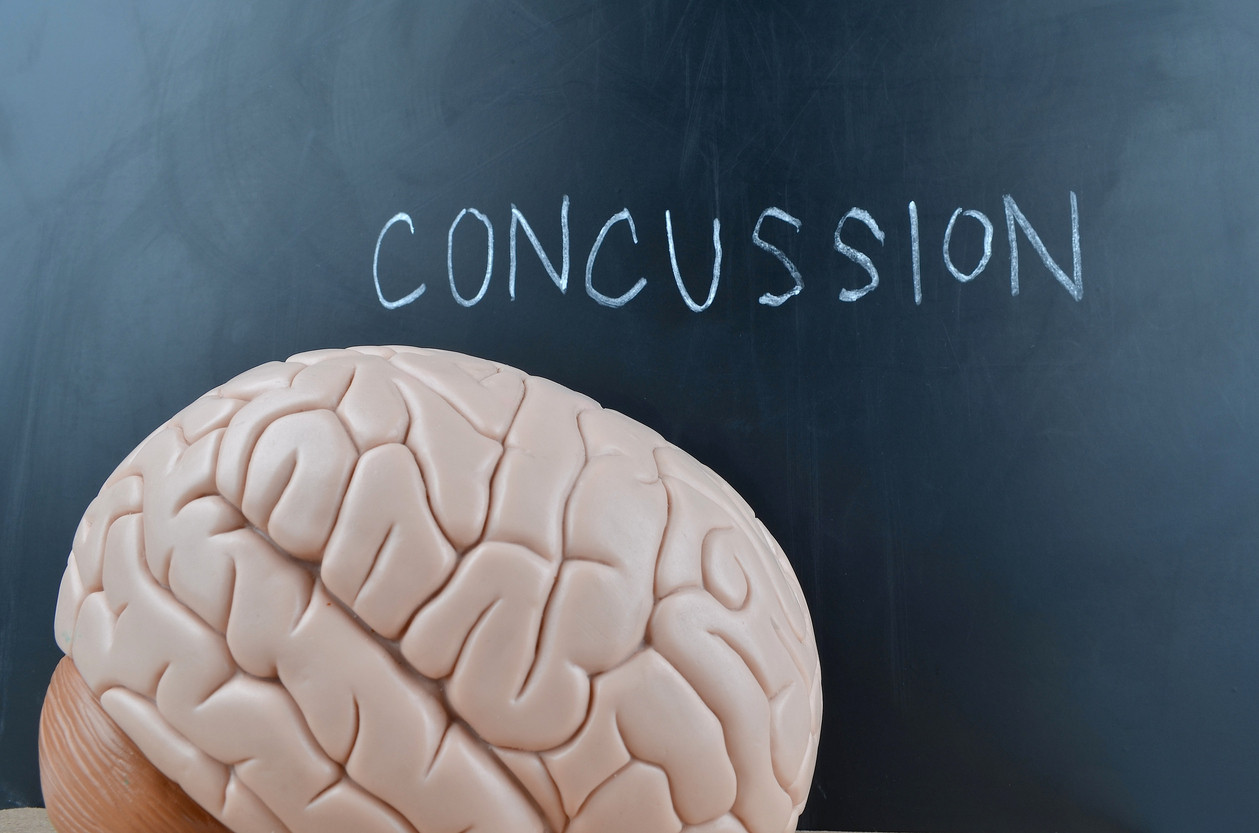
Trying to lose weight? Be careful not to lose muscle

Is your skin problem actually an autoimmune condition?

People with diabetes face higher risk of hearing loss

Antibiotic-free fixes for recurrent UTIs

Musculoskeletal syndrome of menopause: When menopause makes you ache all over

When can older women stop getting mammograms?

To lose weight, especially harmful belly fat, combine diet and exercise

Can men hold off on treating recurring prostate cancer?

The 7 types of rest and why we need them all

What are the early warning signs of cervical cancer?
Harvard Health Blog
Read posts from experts at Harvard Health Publishing covering a variety of health topics and perspectives on medical news.
Articles
Think your child might have a disability or developmental delay? Take these steps
If you think your child may have a disability or problem with development, it’s important to seek help as soon as possible. Talk to your doctor, and seek an evaluation, if needed.
Can exercise help treat anxiety?
Millions of Americans report having an anxiety disorder. Evidence shows engaging in any sort of physical activity is one of the best ways to ease symptoms of anxiety. Regular activity is best, but even a single bout can help.
Making young minds resilient to disasters
Trauma from experiencing a natural disaster can have long-term effects on the mental and physical health of children. Supportive parents, teachers, and other adults can help children build resilience.
Preventing falls in older adults: Multiple strategies are better
Falls among older adults are on the rise, but most are preventable. To do this, interventions must target the multiple factors that contribute to falls, taking steps to minimize them or prevent them entirely.
Is it time to stop skimming over full-fat dairy?
For years, the conventional wisdom about dairy is that we should be eating less of it, and when we do have any it should be low-fat or fat-free. But more recent research suggests that some full-fat dairy in our diets could in fact be beneficial, though the type of dairy still matters.
Recurrent headaches in children: What to know and do
Most children have an occasional headache, but some children get recurrent headaches. These often run in families and may be migraine or tension headaches or might stem from other causes.
Is there really a blood test to diagnose concussion?
Can a blood test tell whether or not you have a concussion? It’s not quite that simple. There is a test that indicates the presence of substances released into the blood after a brain injury, but for now it is more useful for identifying situations when a CT scan is not necessary.
If you are happy and you know it… you may live longer
Plenty of research associates optimism with a reduced risk of certain diseases and conditions. Now, a study suggests that optimistic people are also more likely to live longer.
Antibiotic-resistant urinary tract infections are on the rise
Rising resistance to antibiotics driven by overprescription and overuse has led to a decline in the effectiveness of antibiotics in treating urinary tract infections. If your doctor wants to prescribe an antibiotic, be sure to ask if it’s necessary, and what alternatives there might be.
Too old for the pediatrician? Time to switch doctors
Wondering how a teen or young adult can smoothly smoothly transition from seeing a pediatrician to a medical practice that treats adults? Making plans and taking these steps will help.
Should I participate in a cardiac rehabilitation program?
For people who have had a heart attack or heart surgery, or been diagnosed with angina or a specific kind of heart failure, participating in a cardiac rehabilitation program has medically proven benefits to overall health and quality of life.
Can your CPAP make you sick?
Using a CPAP machine is beneficial for people with obstructive sleep apnea, but if the machine isn’t kept clean it could lead to an illness. There are sanitizing systems available, but cleaning the parts by hand is just as effective.
10 foods that may impact your risk of dying from heart disease, stroke, and type 2 diabetes
Could just 10 foods substantially impact your risk of dying from a cardiometabolic disease (CMD) like type 2 diabetes, heart disease, or stroke? Maybe. A study published in JAMA provides some insight into the degree to which 10 specific foods and nutrients affect the risk of dying from CMD.
PrEP prevents HIV — so why aren’t more people taking it?
PrEP (pre-exposure prophylaxis) is a daily medication taken to prevent HIV infection. While multiple studies show PrEP is effective, relatively few of those who might benefit are taking it. Will a 10-year initiative to reduce rates of HIV and a new formulation of PrEP help?
Study supports benefit of statin use for older adults
Statins are known to be effective in reducing risk of cardiovascular disease, but for older adults the guidelines are less clear. A study looking at an older population found that continuing to take statins did have a statistically significant benefit.
Dense breasts on a mammogram? What to know and do
Mammograms look for signs of breast cancer. They can also provide information on whether a woman has high breast density, which slightly increases risk for developing breast cancer. Here’s what you need to know and do if you’re notified about this risk factor.
Is there a test for Alzheimer’s disease?
Wondering whether a blood test or brain scan can accurately diagnose Alzheimer’s disease? If memory loss is a problem for you or a loved one, consider these points before discussing potential next steps with a doctor.
Vitiligo: More than skin deep
Approximately 1% of the population has vitiligo, a skin condition in which areas of skin lose their color. While topical treatments and light therapy help some, research with a class of medications not previously used for this condition has shown promising results.

Trying to lose weight? Be careful not to lose muscle

Is your skin problem actually an autoimmune condition?

People with diabetes face higher risk of hearing loss

Antibiotic-free fixes for recurrent UTIs

Musculoskeletal syndrome of menopause: When menopause makes you ache all over

When can older women stop getting mammograms?

To lose weight, especially harmful belly fat, combine diet and exercise

Can men hold off on treating recurring prostate cancer?

The 7 types of rest and why we need them all

What are the early warning signs of cervical cancer?
Free Healthbeat Signup
Get the latest in health news delivered to your inbox!
Sign Up

























